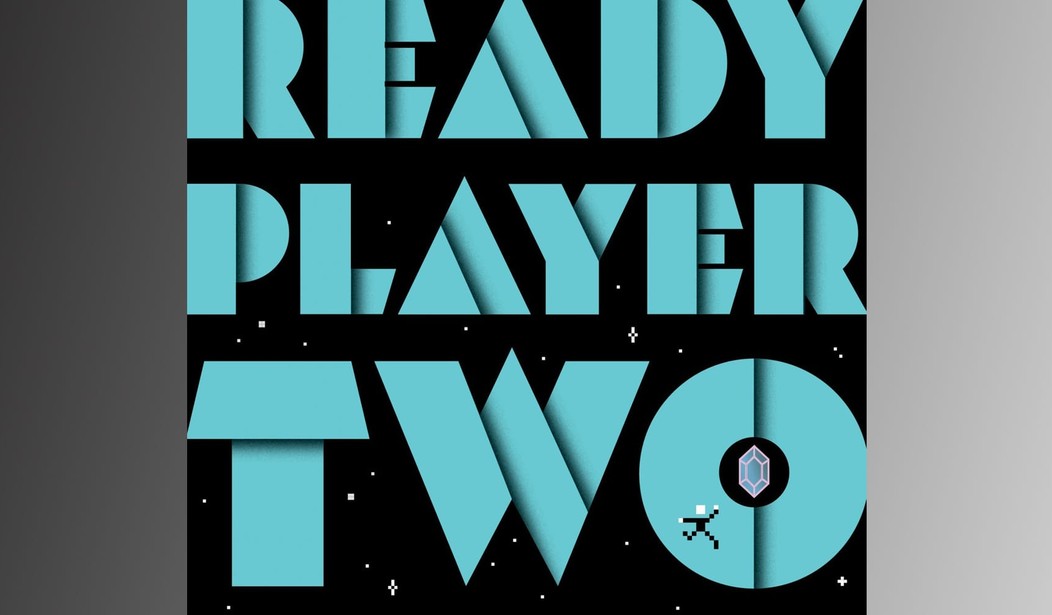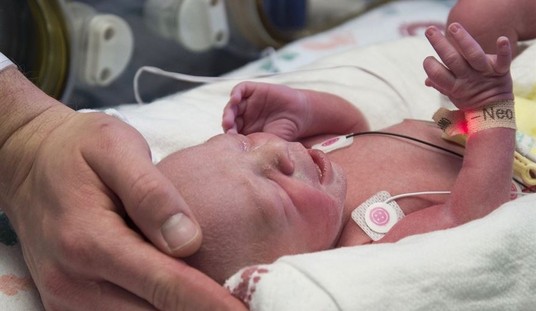On Tuesday, Ready Player Two, the sequel to the wildly successful 2011 novel Ready Player One, was published.
I am a big fan of the first novel. I loved the thrilling story and the ’80s pop culture references. I stayed up until 2:30 a.m. to finish the novel because I didn’t want to wait another day to find out how it ended. Two years ago I drove several hours to attend a book signing event with the author, Ernest Cline. When the movie came out later that year, I went to see it on opening day. So, believe me, when I say I’m a fan of the first novel, I really am a fan. As far as I was concerned, the novel ended perfectly and no sequel was required. I actually hoped the author wouldn’t write one.
But when it was announced he was in fact working on one, I knew I’d have to read it. And it was everything I feared it would be.
While published in 2011, Ready Player One was largely written during the Bush years (according to the author) and it’s painfully obvious when comparing the two novels. I was taken aback by the author’s extraordinary efforts to make this sequel a more woke version of the first novel.
Ready Player One was certainly packed with liberal themes. The story begins in the year 2045, and the Earth is suffering the consequences of climate change, forcing most of the world’s population to seek escape inside the OASIS, the massive virtual-reality world where most of the action of the story takes place. The protagonist, Wade Watts, habitually deplores religion and capitalism. But it’s rich with ’80s video game and pop-culture references that make it a fun and exciting novel to lose yourself in.
But Ready Player Two fails on multiple levels to reach the epicness of its predecessor. In fact, I almost stopped reading Ready Player Two a quarter of the way through it for good. I was ready to throw in the towel and try to erase what I’d read from my memory. After a couple of hours, I decided I needed to finish it, in the hopes it would redeem itself.
Instead of a fun adventure story set in a virtual world derived from ‘80s pop culture, I was treated to nearly 400 pages of left-wing virtue-signaling. Instead of being entertained, I felt like I was being lectured to as the author, Ernest Cline, seemed to apologize for crimes committed in the first book.
In the first novel, Watts has a crush on another avatar in the OASIS, a girl who goes by the handle Art3mis. More than once, Wade expresses concern that Art3mis might actually not be female at all. “I couldn’t bear the idea that the girl with whom I was virtually smitten might actually be some middle-aged dude named Chuck.” Eventually, he asks her outright to confirm her gender. “Now, spill it. Are you a woman? And by that I mean are you a human female who has never had a sex-change operation?”
If published today, Cline would be accused of both homophobia and transphobia by the social justice warriors—and he clearly knows this. In Ready Player Two, he seemed determined to make up for this past wrong by not only including a transgender character but by “enlightening” Wade as well. In the novel, Wade develops a “mild crush” on a female avatar named L0hengrin, whom he eventually learns was “designated male at birth.” After this revelation, Wade quickly declares that “Discovering this minor detail didn’t send me spiraling into a sexual-identity crisis, the way it probably would have back when I was younger,” and explains how through his use of the new fully immersive virtual reality technology he had been able to experiment with “all different kinds of sex” and ultimately concluded, “passion was passion and love was love, regardless of who the participants involved were, or what sort of body they were assigned at birth.”
This factoid about the L0hengrin character is otherwise trivial to the story. It has no bearing on the plot, and feels tacked on solely for the benefit of the author’s desire to appease the reader. In fact, L0hengrin is quickly sidelined in the story, only popping up a few times, clearly only serving the purpose of assuring the reader that the white heterosexual cis-gendered male author is sufficiently woke enough to be a part of the club.
This stands in stark contrast to the big reveal in the first novel that Aech, Wade’s best friend in the OASIS, is not a white male like his avatar, but is, in real life, a black female who is also a lesbian. This reveal was impactful and organic to the story and worked well. The L0hengrin character being announced as transgender in Ready Player Two felt artificial and agenda-driven.
It gets worse. Despite Ready Player Two being packed with ‘80s pop culture references like the previous novel, this time Cline felt it necessary to bemoan certain aspects of the decade he so lovingly paid tribute to. The characters lament the “lily-white landscape” on the virtual planet of Shermer, Ill., (which houses recreations of John Hughes movies) and note the “serious diversity problem” “like the whole of ‘80s cinema.” The homophobic graffiti on Bender’s locker in The Breakfast Club also gets called out. Such criticisms of ‘80s pop culture were nonexistent in the first novel, and feel awkwardly inserted into Ready Player Two, like the author is apologizing for canonizing the decade. There’s even a whole planet and a chapter dedicated to honoring the music of The Artist Formerly Known as Prince—but Cline felt compelled to inform the reader that he doesn’t approve of Prince’s embracing of religion and ultimately not approving of homosexuality late in life by having the characters discuss and criticize this fact. Such disclaimers appear throughout the novel.
Cline’s obvious attempts at preempting any criticism from social justice warriors proves that liberal, heterosexual white male authors feel obliged to prove their wokeness in their work as the left-wing gatekeepers of popular culture seem increasingly more interested in giving attention to authors who are women, minorities, or from the LGBT community. In British author Nick Hornby’s latest novel, published a couple of months ago, it only took three paragraphs for him to insert a throwaway line where the lead female character expresses, apropos of nothing, that should her sons “choose” to become female she would “fully endorse and embrace their decision.”
But heterosexual white male authors who are desperate to prove their “wokeness” seem destined to have their efforts backfire. Hornby, who is mostly famous for writing about young white men, had a middle-aged white woman and a younger black man as the two point-of-view characters in his latest novel. His attempt to write about racism from a black POV character was decried in some reviews as inauthentic. Cline’s attempt to pander to the transgender community similarly backfired, as the Daily Dot reported in their own review of the novel.
The moral of the story is that heterosexual white males are doomed to fail when they pander in their fiction. Attempts at “inclusivity” might resonate with straight liberals who also want to prove their own wokeness by celebrating the inclusion of a trans character in a novel while being unaware of the nuances that made that character offensive to transgender readers. White authors who feel the need to be racially inclusive in their fiction inevitably get mocked for not being able to authentically write black characters. There is literally no pleasing the social justice warriors who care more about being offended than being inclusive.
But even if you’re willing and able to put the woke virtue-signaling and pandering aside, Ready Player Two feels like a rushed, lesser version of the first novel, reading more like well-written fan fiction. Ready Player Two was written in a fraction of the time of the original novel and it shows. Excerpts leaked prior to the release of the novel got scorched on social media for being amateurishly written. The characters from the first novel come off as unlikeable, and the new characters introduced are poorly written and undeveloped. The quest of the second novel is a painful slog to complete compared to the thrilling ride of the first.
Ernest Cline is a talented writer with a rich and vivid imagination rooted in the 1980s. But when he panders to an audience that is impossible to please he also fails to entertain.
_____
Matt Margolis is the author of Airborne: How The Liberal Media Weaponized The Coronavirus Against Donald Trump and the bestselling book The Worst President in History: The Legacy of Barack Obama. You can follow Matt on Twitter @MattMargolis










Join the conversation as a VIP Member